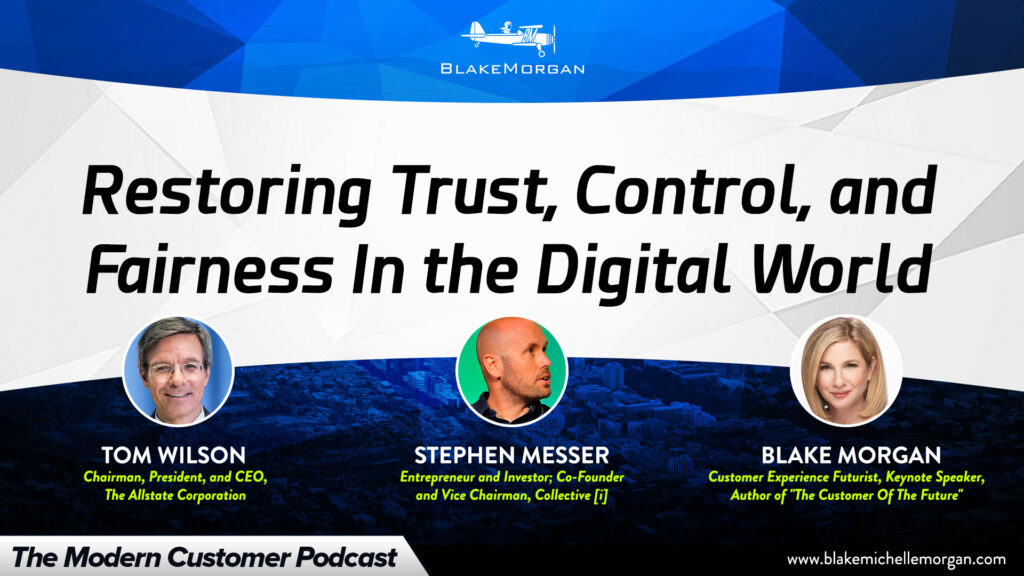For years, customers have traded their personal data for digital services, rewards or promotions. In order to gain access to a new program, get discounts from a company or connect with friends on social media, we’ve given up much of our personal information. But is it a fair trade?
Data privacy issues have been growing in intensity for years, leading to a world where customers aren’t in control of their own data and trust between customers and companies continues to erode on a daily basis.
Countless questions face technology and business professionals today, but perhaps none are more important than those surrounding data security, fairness and trust. Data used to not be worth anything, so customers gave it away freely. They didn’t think anything of giving out their email address or personal information in exchange for services and information. But over time, companies like Google and Facebook turned personal data into currency. Now, that information we used to give away freely is incredibly valuable, but customers are no longer in control of it.

Stephen Messer, co-founder and vice chairman of Collective [i], says it all comes down to the tradeoffs customers are willing to make. In general, customers love the personalization that comes from data, but they’re concerned about how their data is used and shared. Most people are willing to share their data with Netflix if that leads to personalized show recommendations, but they likely aren’t as willing to share their data with an unknown e-commerce company just to get a small discount. Each person’s tradeoff value is different.
Many of those tradeoffs involve not understanding how companies collect or use customer data. A major contributor to the lack of trust is that companies aren’t transparent or careful about how they use data. Messer says trust is the hardest thing for companies to earn, and it’s nearly impossible to gain back after it’s been lost.
But how can companies regain trust and help customers feel secure about their data? Messer says it starts with companies being open about how they’re using data and the safeguards they use to protect it. Google, for example, anonymizes its data. It doesn’t care who the data is from; it simply wants customer data to make its products better. If more customers were aware of those types of safeguards, they could possibly be more willing to share their data. Customers need information so they can make choices and have control over their own data.
Tom Wilson, Chairman, President and CEO of Allstate, believes trust should be considered in terms of relationships. Wilson suggests having a global standard of three data sharing agreements, ranging from restricted data use to open data use. Depending on what the data will be used for, customers can opt in to different levels based on their comfort level. If a customer wants to be in complete control of their data, they would select the restricted option, but if they’re willing to share data in exchange for certain recommendations or perks, they could select the controlled or open options. Another solution would be for companies to charge customers to control their data. A small monthly fee could potentially allow customers to opt in to protected data on social media sites.
Wilson and Messer agree that data privacy and trust are complicated issues. No matter the solution, it starts by being transparent and giving power back to customers. Providing them with resources and information can create more informed customers and make a large step towards regaining trust.
Blake Morgan is a keynote speaker, futurist and author of two books, “The Customer Of The Future” and “More Is More.” Sign up for her weekly customer experience newsletter here.

